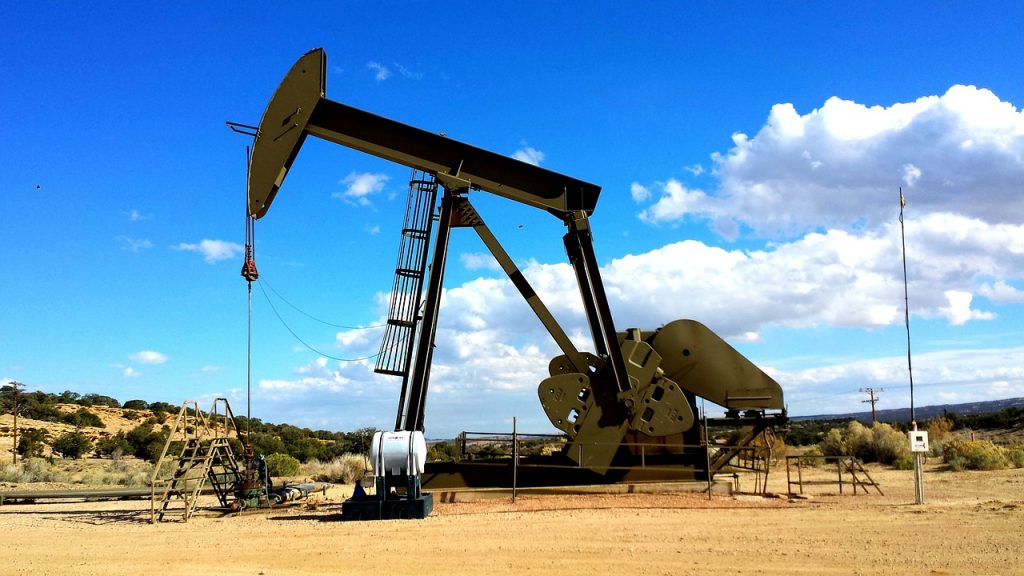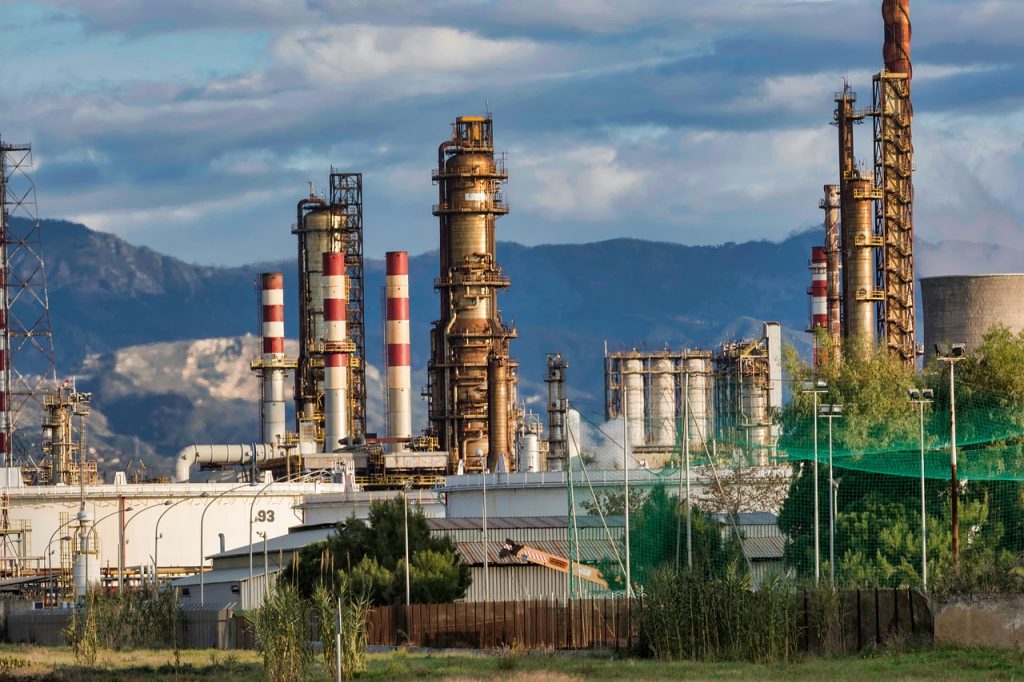Oil Companies Under Fire For Spreading Climate Disinformation
Oil companies are being grilled for spreading climate disinformation.
This article is more than 2 years old

Climate change is one of the world’s leading crises. A myriad of published data has shown its devastating effects. Scientists have warned of effects that are currently taking place, as well as the effects to come. One of President Biden’s top priorities on his presidential agenda is getting a $555 billion plan to combat climate change to pass at Congress. Now, Democrats have finally put four of climate change’s biggest offenders in the hot seat. The New York Times reported that at a hearing on Thursday Democrats grilled the chief executives of four major oil companies- Exxon Mobil, Chevron, BP, and Shell- over their role in perpetuating climate change and impeding the fight against it by continually spreading disinformation.
According to The New York Times, the two major questions posed by Democratic lawmakers of The House Committee on Oversight and Reform were: “Would they pledge to stop lobbying against efforts to reduce emissions? And were they willing to tell their powerful trade groups to stop working against electric vehicles?” The executives were unrelenting, fighting back hard against the proposed questions, and specifically denied ever colluding to influence public perceptions relating to climate change.
ExxonMobil CEO Darren Woods evasively answered, “As science has evolved and developed, our understanding has evolved and developed.” Vox pointed out that Woods essentially circumnavigated his involvement in resisting policies relating to climate change by admitting to beliefs that he held in the past.
Climate activist Jamie Henn emphasized on Twitter that none of the four big wigs from the oil companies outwardly agreed to stop lobbying against climate change even after claiming to support it. Tagging his post with the internet birthed hashtag, The Slippery Six
The presidents of two major lobbying groups, the American Petroleum Institute (API) and the US Chamber of Commerce were also present at the hearing and were similarly unforthcoming in their testimonies. However, documents that lawmakers from the house committee were able to obtain from these companies suggest that key players in the oil industry have actively denied climate change for over 40 years despite having concrete knowledge (from their own scientists) of its existence. They chose to denounce it in favor of protecting their checkbooks.
New York’s Congressional Representative Alexandria Ocasio Cortez forcefully called the Slippery Six out on all of their fallacies and said “Some of us actually have to live the future that you all are setting on fire for us.”
The five-hour-long hearing ended in somewhat of a stalemate. It closed with House Oversight Committee Chair Carolyn Maloney issuing subpoenas for further documentation that the oil companies and their lobbying firms had failed to produce. She cited that with the additional information that she fully intends to “get to the bottom of the oil industry’s disinformation campaign, and with these subpoenas we will.”

This hearing comes just after the president of Saudi Aramco (the world’s largest oil company) announced that his company plans to ramp up production from 12 million barrels a day to 13 million barrels a day while also citing concerns over diminishing supplies. Gas prices in the United States are currently soaring to unprecedented levels and Europe is at risk of running out of oil completely. The oil industry is at a precipice and their decisions now will directly influence what happens in the future.
It is unclear what further hearings will reveal about the truths behind oil companies impeding attempts to combat climate change and spread disinformation. However, it is clear that the world is facing a very real energy crisis as well as suffering the deafening effects of climate change itself. With that in mind, big questions still loom about the direction these companies will take as well as the future choices they make regarding their role in the very real climate crisis.











